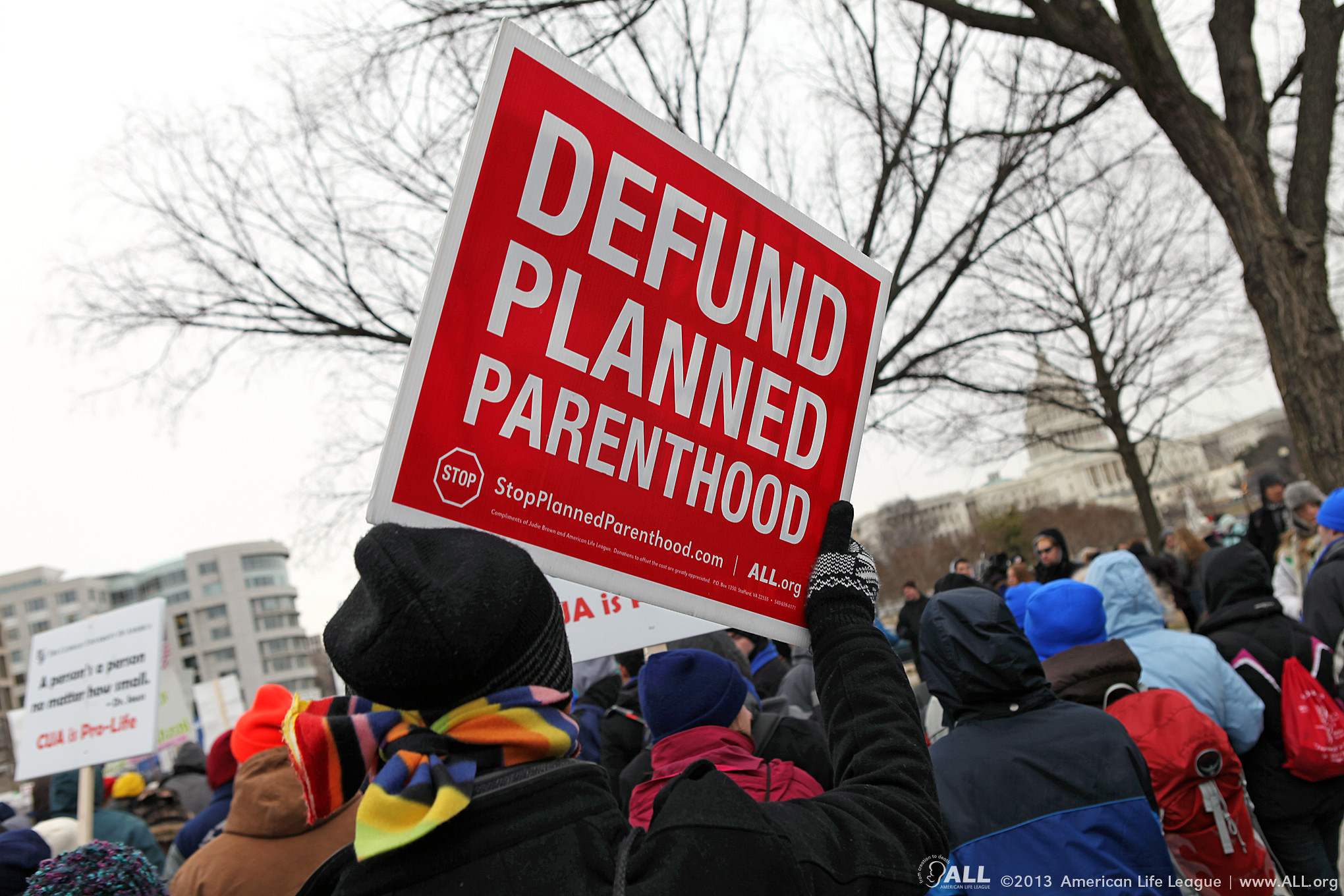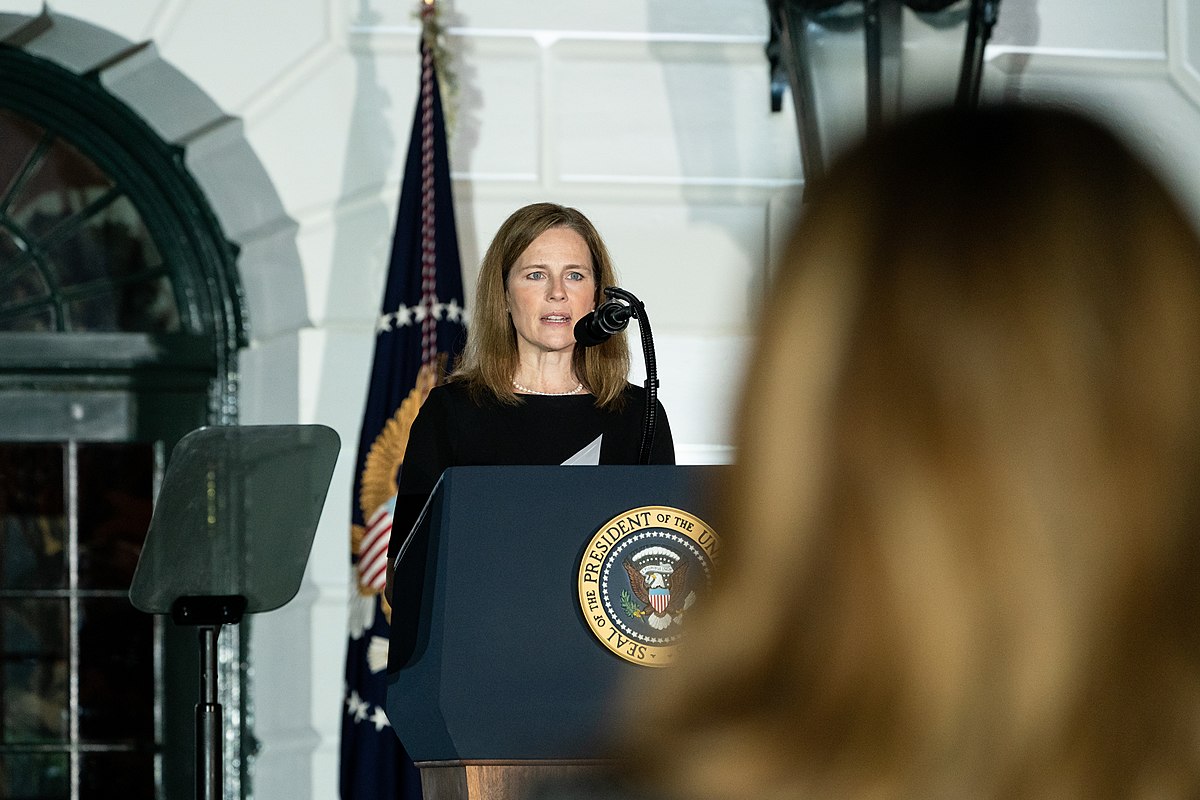SCOTUS to Hear Two Cases That Could Fundamentally Change How the Internet Functions
Contributors may express opinions that are not necessarily the views and opinions of RedState.com.
Two cases that could dramatically alter the functioning of the internet, if not completely stop it from happening, will be heard Tuesday by the US Supreme Court. Both cases concern social media and the terrorist group ISIS.
On Friday, November 13th 2015, Islamic terrorists (naturally) attacked Paris and Saint-Denis.
Terror Attack In Paris– Sky News: At least 158 confirmed dead).
Three suicide bombers attacked a match between France & Germany at 9:15 p.m. One bystander and three bombers were also killed.
Ten minutes later, gunmen set fire to two restaurants. Le Carillion And Le Petit Cambodge. Treize people were killed, and ten others were injured.
Just past 9:30, gunmen struck Café Bonne Bière killing five and wounding eight. The terrorists then opened fire. La Belle Équipe, 21 people were killed and seven others were injured in a suicide bomber attack at a restaurant called Comptoir VoltaireThe terrorists killed himself and injured 15. While first responders were dealing to those attacks, three terrorists entered the Bataclan Theater concert. After they had stopped firing, 90 people died and more than 200 were injured or wounded.
Officially, there are 137 people killed, seven terrorists and at least 416 injured or wounded.
Gonzalez vs. Google
Nohemni Gonzalez (23 years old), was an exchange student at California State University at Long Beach.
Gonzalez’s family filed suit against the Antiterrorism Act. It allows families of victims of terrorist acts to sue entities that support terrorist groups. They argue that ISIS videos were recommended to them by Google’s algorithm for recommending videos that YouTube and its owner Google collaborate with terrorism. But they don’t allege that any Paris attackers saw an ISIS YouTube video and became terrorists or assumed this terrorist mission.
Google argued that Section 230 (Communications Decency Act) gives it immunity against civil liability. This case was lost at every stage with the Ninth Circuit ruling, which found that Google was not only shielded under Section 230, but that even if it weren’t, its actions were not sufficient to qualify as supporting terrorism.
As I write this, I cannot tell you how my skin crawled while I tried to control my gag reflex. But Google is my friend.
Taamneh vs. twitter
This case was brought to you by the Ninth Circuit. Designed to be paired with Gonzalez Vs. Google. These facts are similar to the one above. A gunman who had pledged allegiance ISIS shortly after midnight on January 1, 2017 opened fire in the Reina Istanbul nightclub At least 79 people were also injured or killed in the incident.
[embedded content]Nawras Alasaf, a Jordanian citizen, was one of the victims. Alassaf’s relatives are US citizens and sued Twitter under Antiterrorism Act. They claimed that Twitter knew ISIS was using their platform, but did not take aggressive measures to stop it. The family, like Gonzalez, doesn’t claim that the Istanbul shooter knew anything about Twitter or used it to plan the shootings. Twitter claimed Section230 safe harbor. This claim was able to be defended by a Ninth Circuit panel, unlike Gonzalez.
I couldn’t help but notice that Twitter could have used some of its resources to suspend me for telling a fat, unemployed BuzzFeed alumnus about it. “learn to code” They might have done a better task of keeping ISIS from the platform (that’s not a joke). However, Twitter, like Google, is the better guy in this instance.
The Question
No matter what Section 230c)(1) Communications Decency Act provides for the exclusion of interactive computer services that make targeted recommendations about information provided by other information content providers. Interactive computer services are not liable for traditional editorial functions, such as the decision to display or withdraw information.
Why it is Important
I have issues with Section 233. It, as it is currently interpreted, allows social media companies to have their cake AND eat it. They can limit content as a traditional publisher, while exempting themselves from liability for what they allow. However, these cases provide a glimpse into what social media could look like if Google and Twitter lose.
The record does not show that any person was involved in either terrorist attack (unlike Benghazi). Hillary Clinton: Source for the Benghazi Video Lie) used YouTube or Twitter or was even aware those platforms existed. It is clear to see why a conviction against the defendants would lead to all footage of violent events being removed for fear of “influencing” someone. It is impossible for any gun videos to survive in such an environment. It is unlikely that many political videos will survive in this environment, as every shooting would lead to a flood of lawsuits alleging that YouTube or Twitter were responsible. All you need to know is that the Biden Justice department claims that an algorithm that recommends a video based upon a user’s past choices is actually YouTube exercising editorial discretion to endorse that video.
Despite its flaws Section 230 has allowed social media to be used in political debate. The only problem with Section 230 is when progressives use social media to silence conservative voices. Texas and Florida Exist laws that prohibit discriminating content on the basis of political opinions. These cases will be brought to the Supreme Court.
It is a tragedy ISIS terrorists have killed close to 200 people. It would be even more tragic if ISIS forced social media moderation that made it unprofitable to participate.
" Conservative News Daily does not always share or support the views and opinions expressed here; they are just those of the writer."






Now loading...